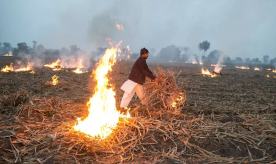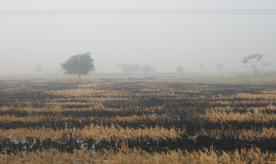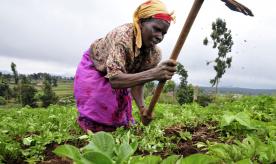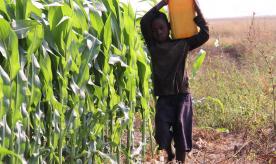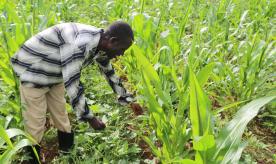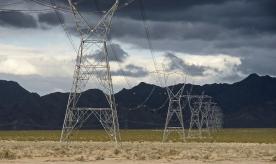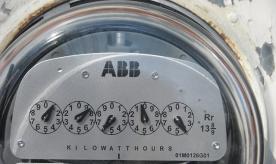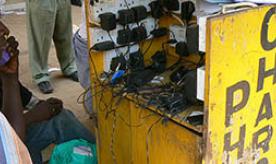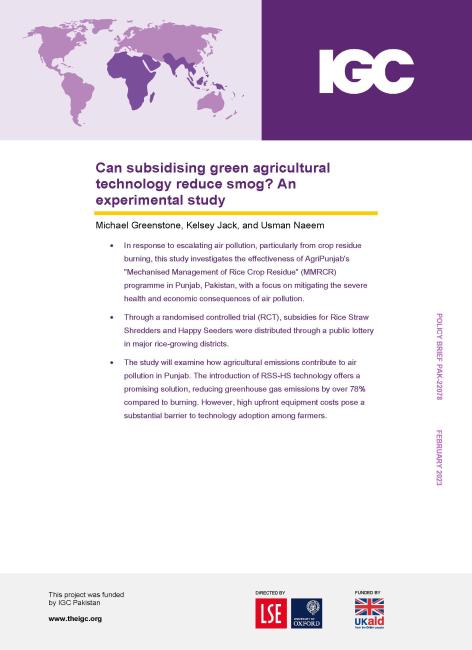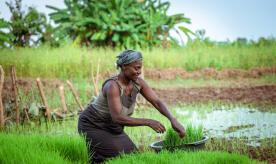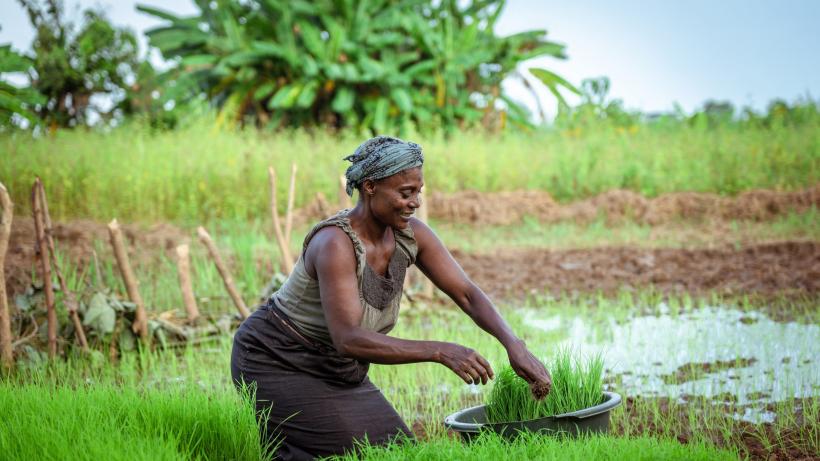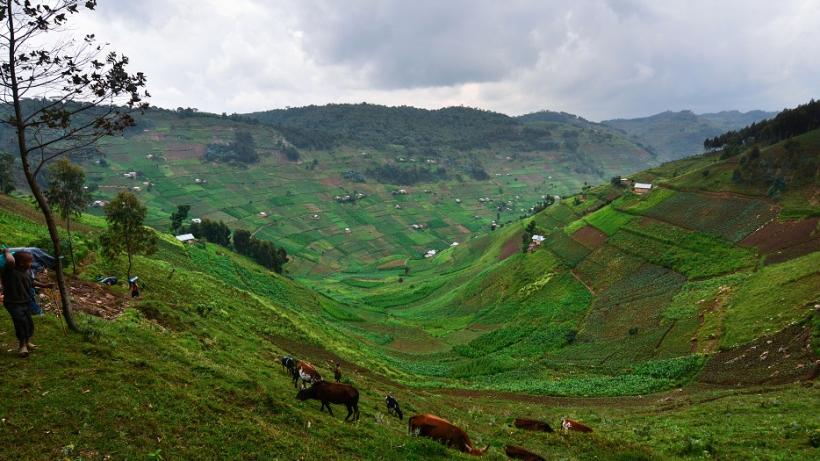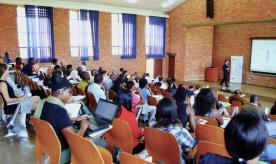
Kelsey Jack
- Associate Professor
- University of California - Santa Barbara
Roles
Researchers
Kelsey Jack is an Associate Professor of Environmental and Development Economics at the Bren School of Environmental Science and Management, University of California, Santa Barbara. She received her Ph.D. in Public Policy from Harvard University in 2010, followed by a post-doctoral appointment at MIT with the Jameel Poverty Action Lab and the Agricultural Technology Adoption Initiative. She joined the UC Santa Barbara faculty in 2018. Her research focuses on the intersection of environmental and development economics and investigates questions from behavioral economics and contract theory. Current research projects study the design of incentives for the private provision of public goods, and are applied to issues of environment and health in Malawi, Zambia and Bolivia. Her research uses field experiments and lab experiments implemented in the field to evaluate interventions and test theory. Prior to graduate school, Kelsey lived in Laos for two years, where she worked for a conservation NGO.


